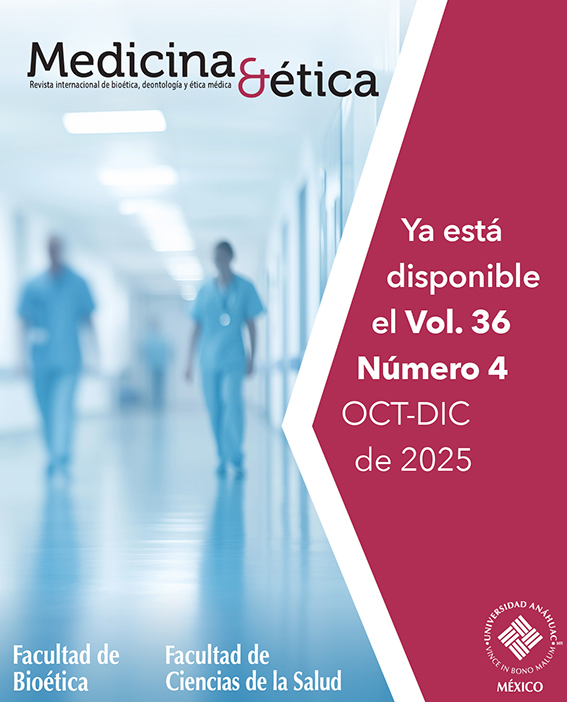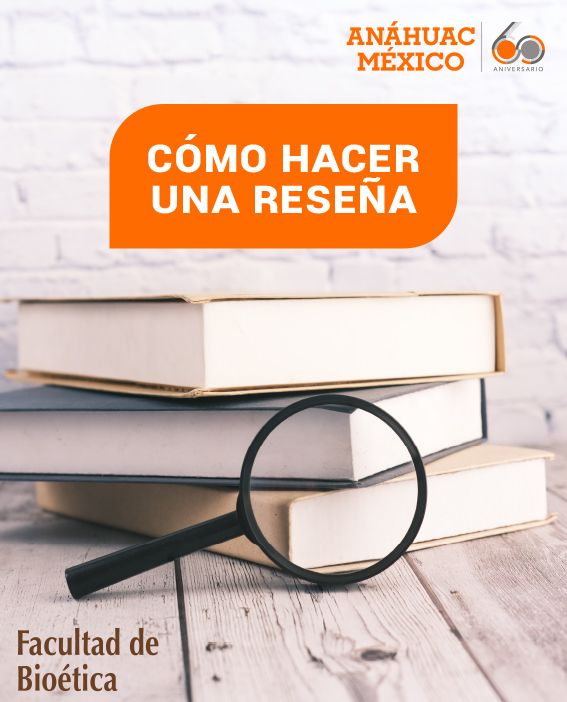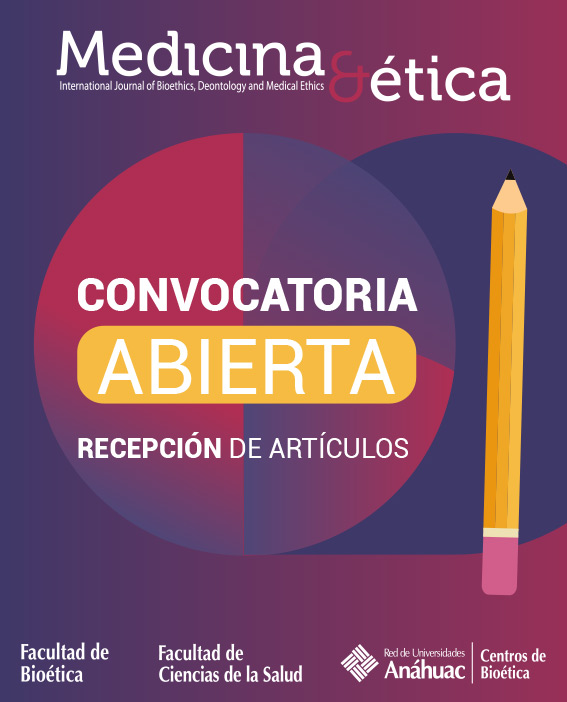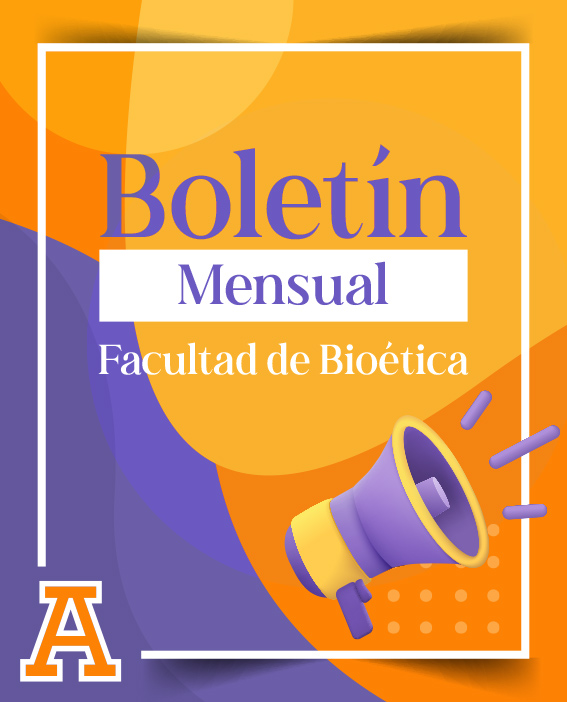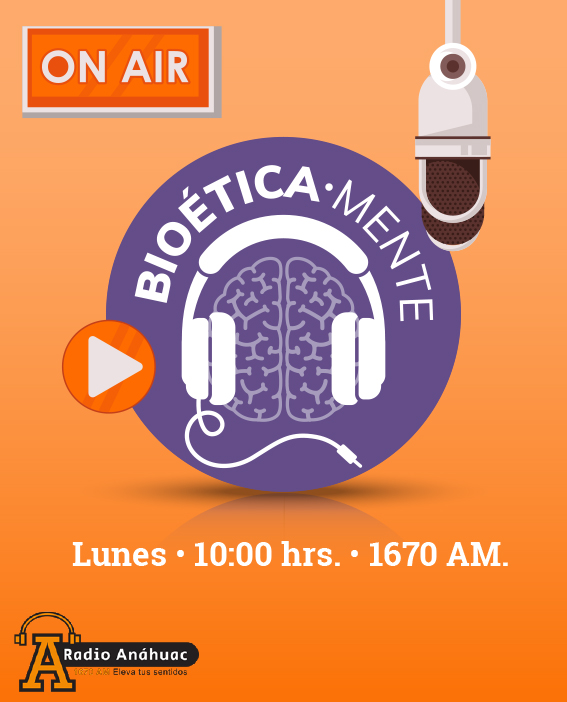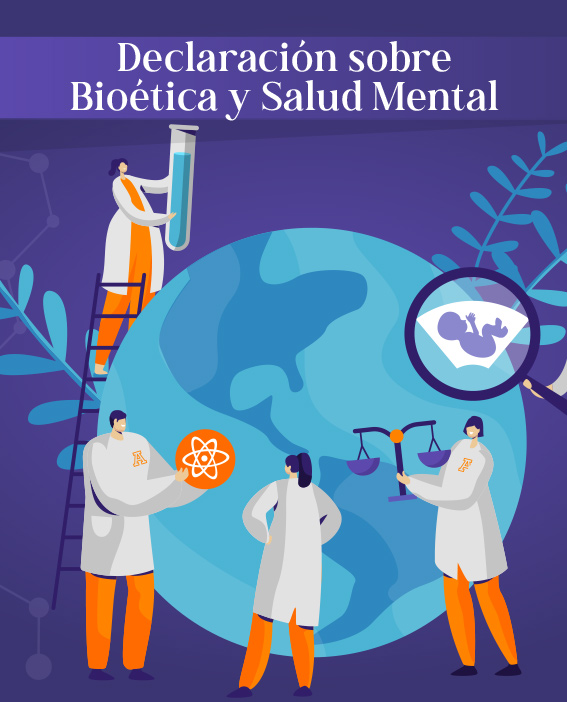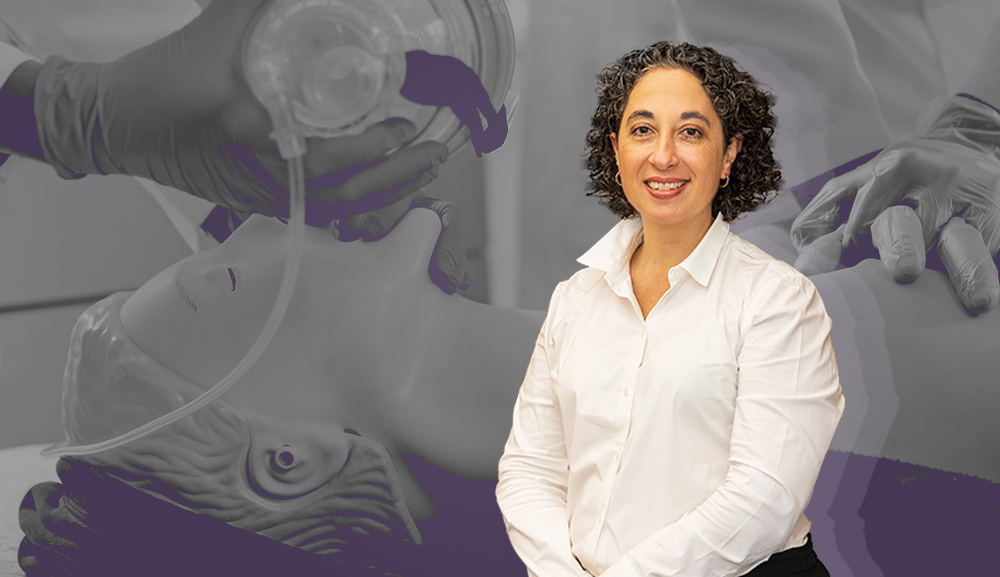
Medical specialists reflected on how simulating ethical scenarios enhances responsible and humane decision-making in the hospital setting.
On August 14, 2025, the conference "Bioethics and Simulation: From Theoretical Reflection to Clinical Practice" was held in the Aquilino Villanueva Auditorium of the General Hospital of Mexico. Dr. María Elizabeth de los Ríos Uriarte, professor and researcher at the School of Bioethics at Anáhuac University of Mexico, gave the lecture.
The session was aimed at physicians specializing in internal medicine, geriatrics, and emergency medicine, who gathered to reflect on the importance of bioethics as a guide in clinical practice.
In her presentation, she provided an overview of the origins of bioethics, highlighting its interdisciplinary nature and its role as an indispensable tool for guiding decision-making in the hospital setting. She noted that clinical bioethics is not limited to offering theoretical concepts but rather provides concrete frameworks for analyzing the values, principles, and contexts at stake in each particular case. She thus emphasized the importance of providing healthcare professionals with clear criteria that allow them to discern and act with ethical responsibility when faced with complex dilemmas.
She also emphasized that teaching bioethics requires a comprehensive process that not only teaches theoretical knowledge but also discernment and interpersonal skills that foster communication, empathy, and prudent decision-making. In this regard, she emphasized that both physicians and bioethicists must develop the ability to identify and analyze conflicts, clarify the values at stake, and propose solutions that respect the dignity of patients, their preferences, and their context.
One of the conference's central themes was a reflection on the challenges of bringing bioethics to the heart of medical training. In this regard, Dr. de los Ríos explained that, although there is still a lack of understanding about the profound relationship between bioethics and medicine, the implementation of innovative methodologies, such as the simulation of clinical scenarios with ethical dilemmas, represents an effective way to close this gap. Simulation, she explained, allows students and professionals to experience life-like experiences, practice decision-making, and confront the ethical consequences of their actions in a safe learning environment.
In her conclusions, the speaker stated that bioethics sheds light on the approach to clinical cases by enabling reflection on the principles that underpin them, while also helping to recognize the values and motivations that guide medical decisions. She also asserted that the use of simulation represents an invaluable opportunity to enhance the teaching of bioethics in medical practice, as it promotes the training of professionals capable of integrating technical knowledge with ethical sensitivity, thus generating more humane, thoughtful, and patient-oriented care.
With this presentation, Dr. María Elizabeth de los Ríos reaffirmed the commitment of the School of Bioethics at Anáhuac University Mexico, to building a bridge between theory and practice, inviting physicians to take on the challenge of incorporating bioethical reflection into every clinical decision and to recognize that the true art of medicine is not limited to technique, but is enriched when sustained by a profound ethical and human conscience.
More information:
MPSS Alfonso Ceniceros
Facultad de Bioética
bioética@anahuac.mx

